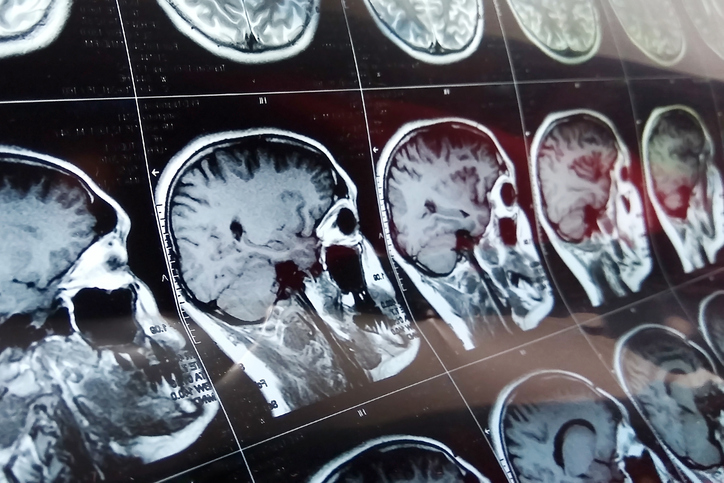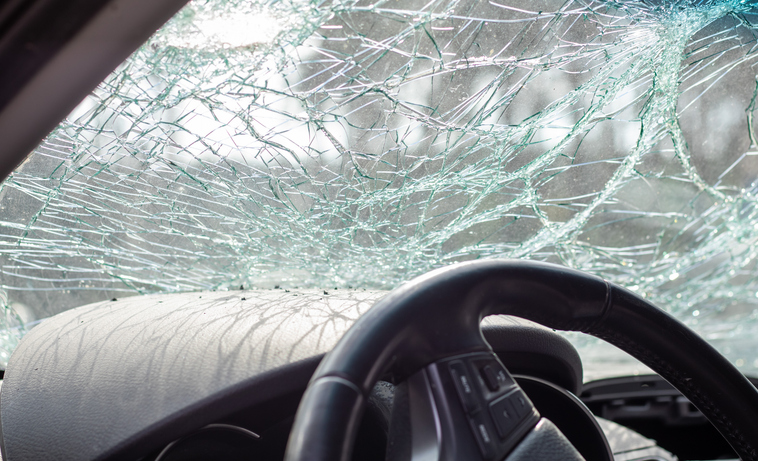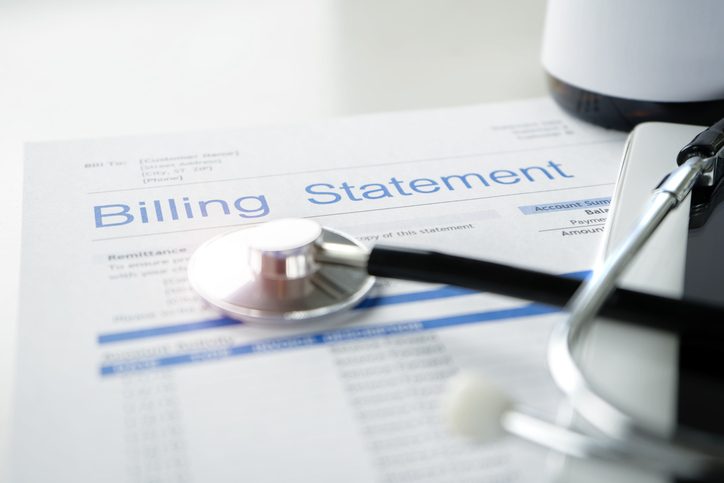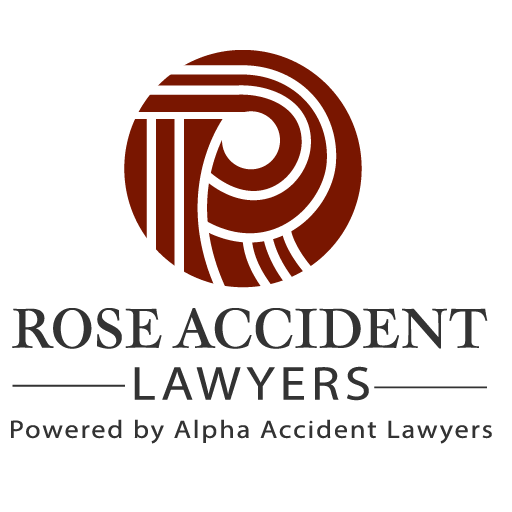
Traumatic Brain Injury After Car Accident: What You Need to Know
Car accidents are a leading cause of traumatic brain injuries (TBIs) in the United States. According to the Centers for Disease Control and Prevention (CDC), TBI causes about 30% of all injury deaths.
If you were injured in a Pasadena car accident, it’s crucial to seek immediate medical attention and consult with an experienced personal injury lawyer. A Pasadena car accident attorney can help you recover losses including medical bills, lost wages, and ongoing medical costs.
In this blog, we will explain the seriousness of head injuries in motor vehicle accidents and how an experienced traumatic brain injury can help injured victims obtain justice.
What Is a Traumatic Brain Injury (TBI)?
A traumatic brain injury (TBI) is an injury caused by an external force, such as a blow or jolt to the head. These injuries can range from mild, such as concussions, to severe, leading to long-term cognitive or physical impairment. A traumatic brain injury can be life-threatening and often results in life-altering consequences. According to the American Association for the Surgery of Trauma, there are over 5 million people across the United States living with a disability from a traumatic brain injury. About 190 people in the US die from traumatic brain injury-related injuries each day.
Understanding the causes and symptoms of TBIs after car accidents is crucial for prompt diagnosis and medical treatment. TBIs encompass a range of injuries, from mild concussions to permanent brain damage, and recognizing them early can significantly impact recovery outcomes.
Common Types of Traumatic Brain Injuries Caused by Car Accidents
Car accidents can lead to various types of traumatic brain injuries, with different symptoms and treatment requirements. Common types of TBIs associated with car accidents include:
Open Head Injuries
Open head injuries such as penetrating injuries happen when something such as glass, metal, or bone fragments penetrates the skull, causing trauma to the brain.
Closed Head Injuries
These occur without any penetration to the skull but can still result in significant brain damage.
Types of Closed Head Injuries

Contusions
Contusions, also known as bruises, occur when the brain impacts the inner surface of the skull during a sudden acceleration-deceleration motion, common in car accidents. These bruises can lead to localized swelling and inflammation, causing neurological symptoms such as headaches, dizziness, and cognitive impairments.
Concussions
Concussions are perhaps the most well-known type of closed head injury and often result from a direct blow to the head or violent shaking of the head and body. Symptoms can range from temporary confusion and disorientation to persistent headaches, memory problems, and changes in mood or behavior. While many concussions resolve on their own with rest and recovery, severe cases may require medical intervention and rehabilitation.
Diffuse Axonal Injury
Diffuse axonal injury occurs when the brain rapidly shifts or rotates inside the skull, causing widespread tearing of nerve fibers throughout the brain. This type of severe injury is common in high-speed car accidents or sudden deceleration events and can result in significant axonal injuries. Symptoms of DAI may include coma, persistent vegetative state, cognitive impairments, and motor deficits.
Intracranial Hematoma
Intracranial hematoma refers to the accumulation of blood inside the skull, often caused by ruptured blood vessels due to trauma. Depending on the location and size of the hematoma, it can exert pressure on the surrounding brain tissue, leading to symptoms such as severe headaches, nausea, vomiting, confusion, and loss of consciousness.
Coup-Contrecoup
Coup-contrecoup injuries occur when the brain is injured at two opposite sides within the skull due to the force of impact and subsequent rebounding motion. For example, in a car accident, the brain may first strike the side of the skull closest to the point of impact (coup) and then rebound and hit the opposite side of the skull (contrecoup). This severe head injury can lead to extensive brain damage and may involve multiple areas of the brain.
Skull Fractures
Skull fractures can vary in severity, from hairline cracks to more severe breaks that penetrate the skull. Depending on the location and extent of the fracture, it can cause complications such as intracranial hemorrhage, infection, or damage to brain cells and underlying brain structures.
What Is Primary and Secondary Brain Injury?
It’s important to know the distinction between primary and secondary brain injuries.
A primary brain injury refers to the immediate physical damage to the brain tissue that occurs at the moment of impact in a car accident. It includes injuries like contusions, lacerations, and skull fractures.
A secondary brain injury occurs as a result of the body’s response to the primary injury. Brain injuries can cause swelling, inflammation, and reduced blood flow to the brain which can exacerbate damage to the brain tissue over time.
When Should I See a Doctor After a Car Accident?

Despite the devastating implications of a head injury, it can be difficult for car accident victims to recognize the signs of brain damage in the immediate aftermath of the car accident. It’s crucial to seek medical attention promptly, especially if you suffered a head injury.
Even if symptoms appear mild initially, they can worsen over time, leading to severe complications if left untreated. If you experience a mild TBI, you may be dazed and disoriented. You may or may not lose consciousness. Some people may experience unconsciousness for seconds or minutes right after the accident.
Common Brain Injury Symptoms and Signs
It’s advisable to see a doctor immediately if you experience the following symptoms after a car accident:
- Headaches or migraines
- Nausea and vomiting
- Dizziness or loss of balance
- Blurred vision or sensitivity to light
- Memory loss or confusion
- Changes in mood or behavior
- Difficulty concentrating or speaking
- Loss of consciousness
- Weakness or numbness in limbs
- Seizures or convulsions
- Ringing in the ears
What Damages Can I Pursue in a Car Accident Brain Injury Case?

If you’ve sustained a traumatic brain injury in a car accident due to another party’s negligence, you may be entitled to pursue various damages through a personal injury claim. These damages can include:
- Medical expenses: including hospital bills, surgeries, medication, physical therapy, rehabilitation, and ongoing medical care
- Lost wages: injured victims may pursue lost wages due to missed work or the inability to return to work
- Pain and suffering: personal injury victims can pursue damages for physical pain and emotional distress
- Property damage: this can include vehicle repair costs or the replacement costs for damaged personal belongings
- Loss of consortium: victims can seek compensation if the injury has impacted their relationship with a spouse or family member
- Wrongful death: damages including funeral and burial expenses can be pursued by the decedent’s surviving family members
How Can Car Accident Lawyers Help My Case?
Navigating a traumatic brain injury case resulting from a car accident can be complex, especially when dealing with insurance companies and legal proceedings. Experienced car accident lawyers can provide invaluable assistance by:
- Car accident attorneys will carefully investigate the circumstances surrounding your traumatic brain injury accident, including liability, and the extent of your injuries and damages.
- An experienced personal injury attorney will help you gather evidence including medical records, police reports, eyewitness statements, and surveillance footage to build a compelling case on your behalf.
- A car accident lawyer will negotiate with insurance adjusters to help you recover fair compensation for your medical expenses, lost wages, pain and suffering, and other damages.
- A trial attorney will prepare and present your case before a judge and jury, advocating for your rights and seeking maximum compensation.
Consult an Experienced Pasadena Traumatic Brain Injury Lawyer Today
If you or a loved one has suffered a traumatic brain injury in a car accident, seeking legal representation from a skilled attorney specializing in personal injury law is essential. A Pasadena car accident attorney can help you understand your rights, navigate the legal system, and pursue the compensation you deserve for your injuries and losses.
At Rose Accident Lawyers we are dedicated to helping personal injury victims obtain justice. We have helped our clients recover millions of dollars in compensation. Don’t hesitate to reach out for a free consultation to discuss your case and explore your legal options.
